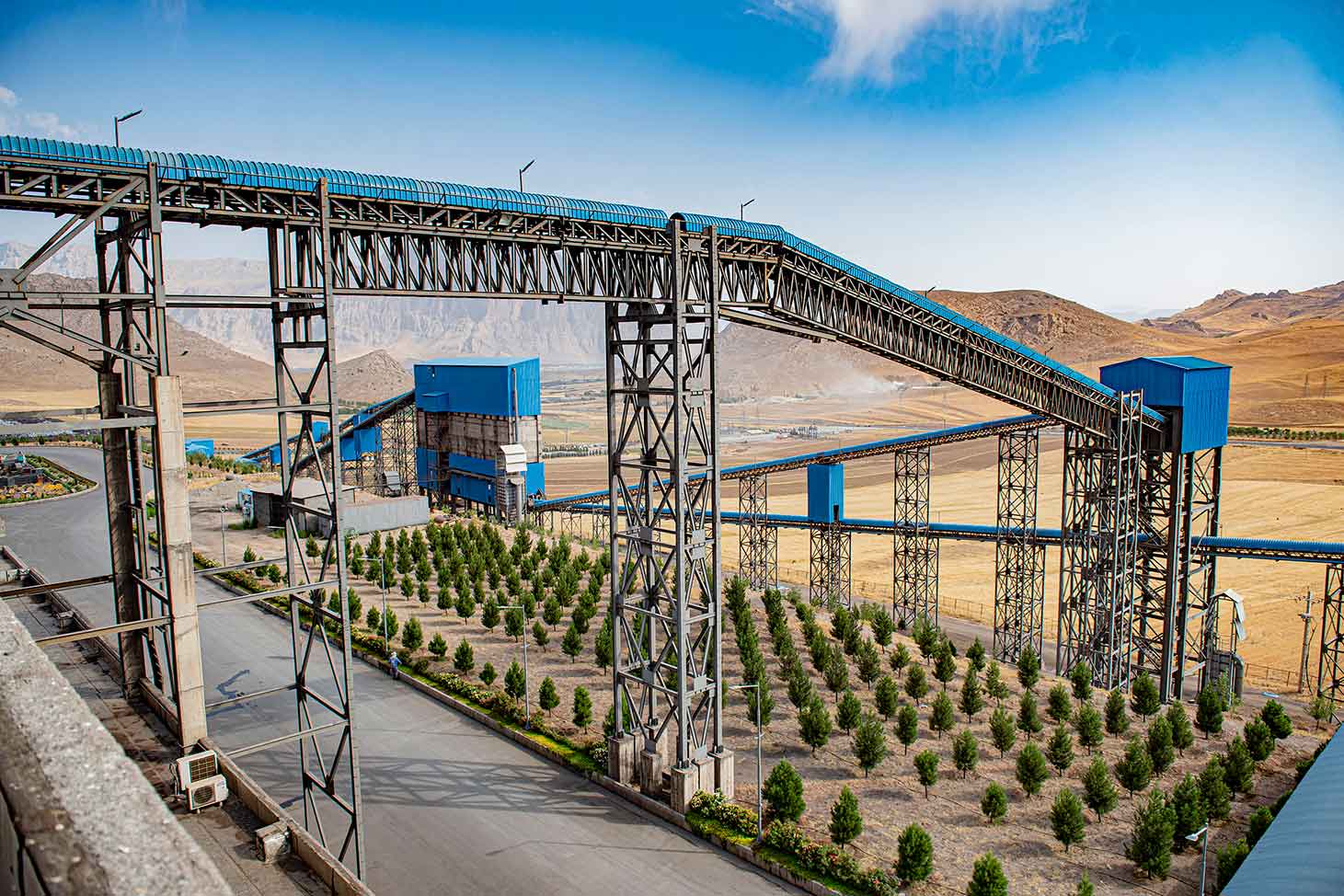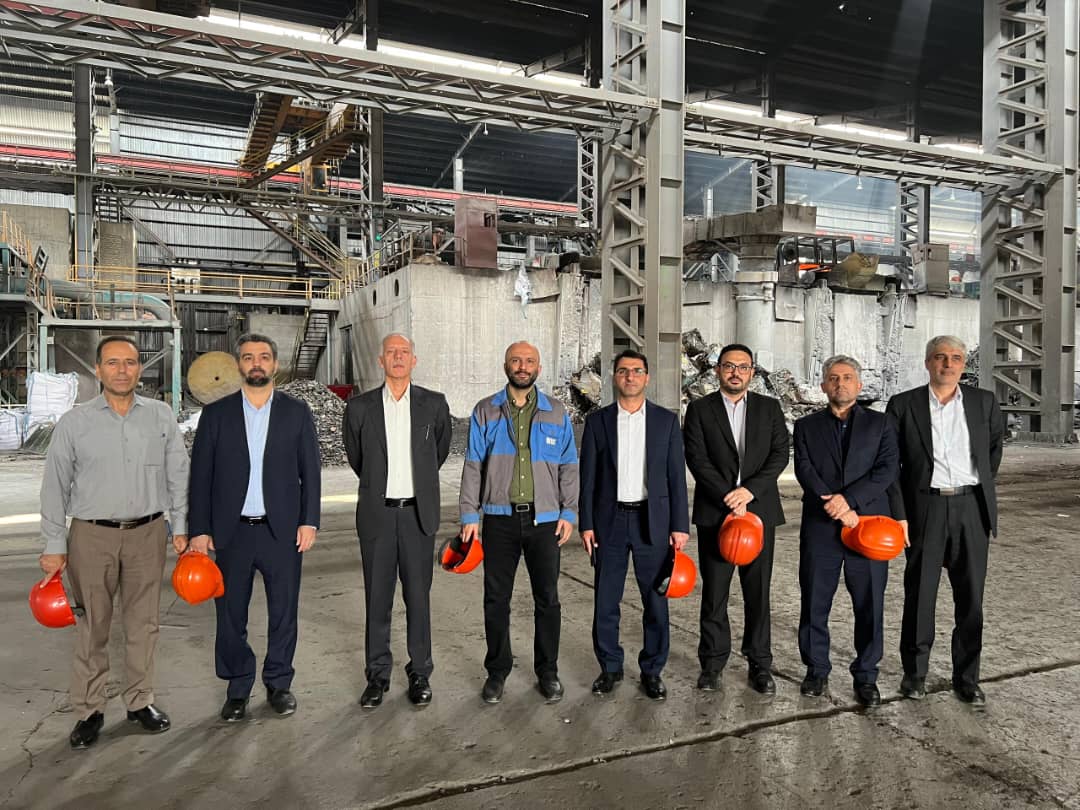In the meeting of economic activists of Kermanshah Province held on Thursday, May 15, with the presence of the President of the country and Dr. Masoud Pezeshkian at the governor’s office, Mr. Jahandar Shokri, CEO of Bisotoun Steel and one of the experienced entrepreneurs of the province, spoke on behalf of industrialists and producers. He raised important concerns and requests regarding support for production and the removal of energy, currency, and customs obstacles.At the beginning of his speech, Mr. Shokri welcomed the President and his accompanying delegation and referred to the historical background of the Shokri family with more than 75 years of industrial activity, saying: “We have worked and produced in this land, and today we are at the forefront of the economic jihad, continuing to serve.”
Kermanshah Province has vast capacities in mining, border trade, and most importantly, young human resources, which should be utilized for the country’s development.” Emphasizing the industry’s energy challenges, he added: “Unfortunately, Kermanshah is considered weak in industrial infrastructure, while the reality is that our industries are not energy-intensive. For example, the total electricity consumption of the province’s industries during last year’s peak was only 100 megawatts. Today, we request from the honorable Minister of Energy and the government to allocate an additional 50 megawatts of electricity to the production units in the province. If this electricity supply is not provided, we will face widespread closure of production units and unemployment of thousands of workers.”
Mr. Shokri also mentioned currency problems faced by producers and said: “After the JCPOA, we were able to bring foreign currency into the country and invest, but today the National Development Fund demands repayment at the current exchange rate, while the loans were calculated based on an exchange rate of 4,000 Tomans. We are not at fault, but now we must repay at 20 times the previous rate. These pressures have completely paralyzed projects.”The CEO of Bisotoun Steel then criticized the method of calculating electricity costs and continued: “The electricity cost calculation pattern for production units is unfair. When we do not produce, why should we pay electricity costs, late penalties, and even transit charges? How can we expect producers to stay afloat under such financial pressures?”
He also addressed the issue of exporters’ currency commitments and added: “Today, the exemplary producers present in this session have stopped their exports due to pressures arising from the current currency commitment system. I suggest reducing the currency commitment share for Kermanshah Province from 70% to 30% so that we can breathe new life into exports and return economic activists to international markets.”In another part of his speech, Mr. Jahandar Shokri complained about customs obstacles in importing industrial equipment and said: “For the Bisotoun Steel power plant project, which is currently 70% complete, our turbines and generators barely reach the border with great difficulty but are stuck in customs due to duties.”At the end, he thanked Dr. Najjarzadeh, General Manager of Bank Melli, for cooperation in providing financial resources for the development projects of Bisotoun Steel, and once again emphasized: “Our clear request from the government today is the allocation of 50 megawatts of electricity to preserve employment and continue the production path in Kermanshah.”







